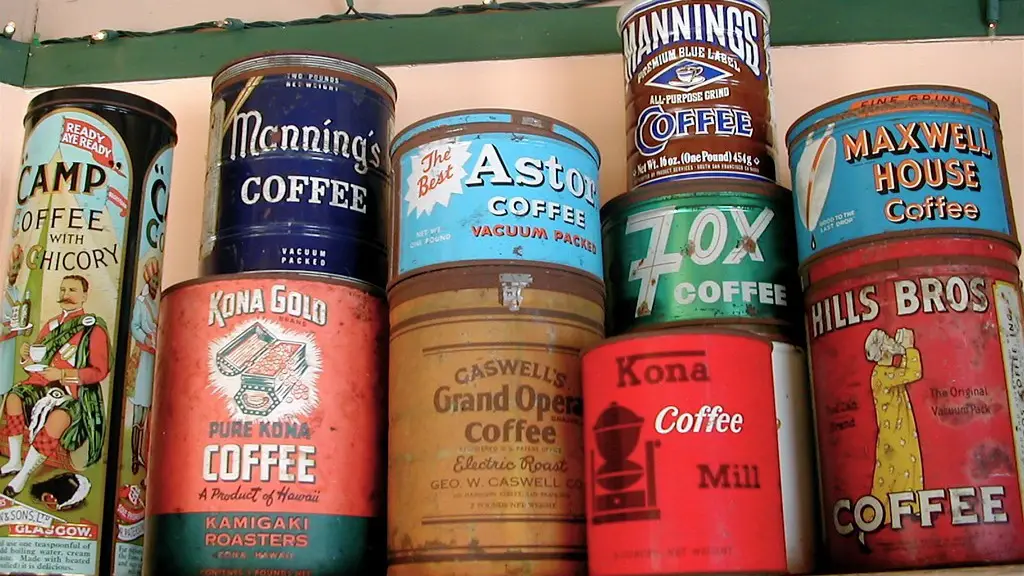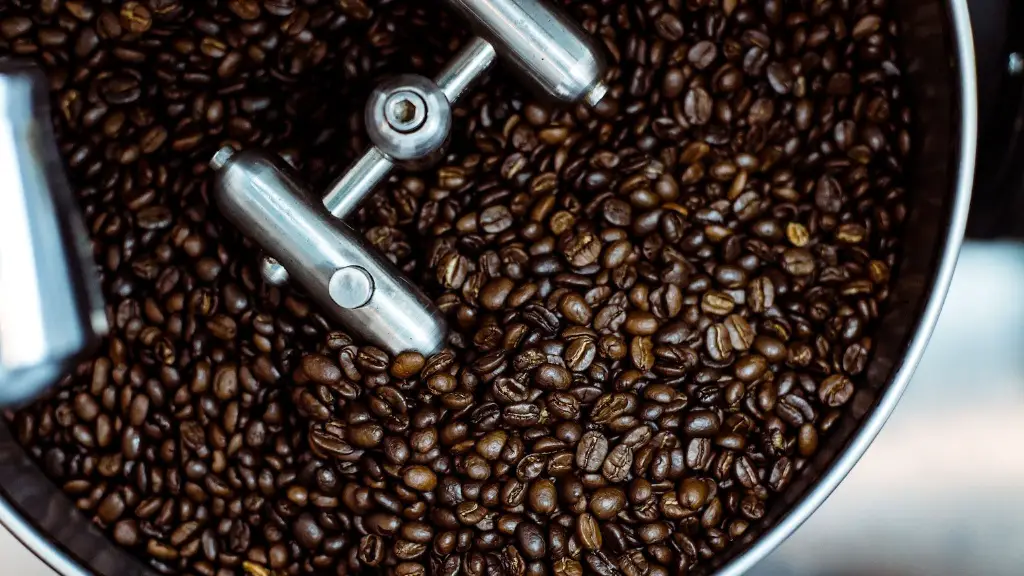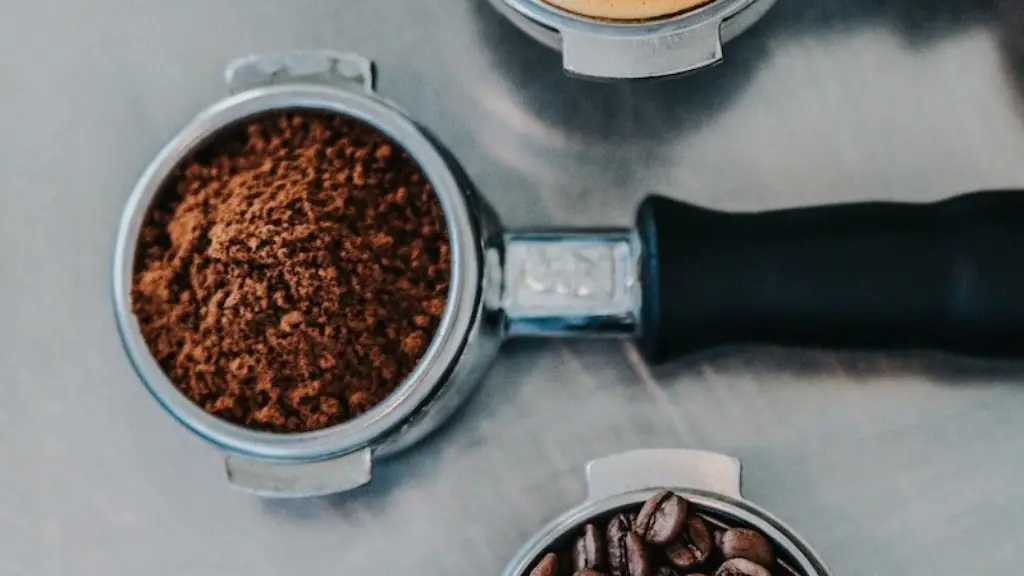Benefits of Drinking Decaf Coffee During Breastfeeding
Decaf coffee is becoming more popular among breastfeeding mothers because it can provide several health benefits compared to regular coffee. Unlike regular coffee, it does not contain caffeine, which means that it does not affect the production of hormones or interfere with the baby’s sleep. Decaf coffee is also lower in acidity, which can help to reduce the risk of heartburn, indigestion and reflux.
In addition, decaf coffee can be beneficial for breastfeeding mothers in terms of hydration. The caffeine found in regular coffee has a diuretic effect, meaning that it can cause dehydration. By switching to decaf, a breastfeeding mother will be able to get the same hydration benefits that come with regular coffee, without the negative side effects.
Many breastfeeding mothers are also concerned about the amount of calories they are consuming while breastfeeding. Decaf coffee can be a great way to reduce calories without sacrificing the taste. It has only five calories, compared to regular coffee, which can have up to 55 calories for a cup.
Finally, decaf coffee can be beneficial for breastfeeding mothers who are looking for ways to manage stress and boost their mood. Research suggests that caffeine can actually heighten anxiety, which can be counter-productive for mothers who are already feeling overwhelmed. Decaf on the other hand, has been found to be calming, resulting in better emotional wellbeing for breastfeeding mothers.
Effects of Drinking Decaf Coffee When Breastfeeding
As with any type of food or beverage, it is important for breastfeeding mothers to be aware of the potential risks. Decaf coffee may still contain trace amounts of caffeine, depending on the roasting method and brewing time. If a mother consumes decaf coffee over a long period of time, then it is possible that the trace amounts of caffeine could still affect her milk production.
Drinking large amounts of decaf coffee can be harmful for the baby’s health as well. In infants, caffeine can lead to insomnia, restlessness, increased heart rate and irritability. Therefore, it is important for mothers to drink decaf in moderation and to not exceed more than two cups a day.
Research also suggests that heavy consumption of decaf could have an effect on the baby’s iron absorption. Decaffeinated coffee is known to contain polyphenols, which can interfere with the absorption of iron and other minerals. Therefore, it is important to limit the amount of decaf coffee to prevent problems with the baby’s iron levels.
Finally, if a mother consumes decaf coffee, then she should be aware that she may still have some of the side effects associated with regular coffee. This includes increased heart rate and increased blood pressure, which can be potentially dangerous for both the mother and the baby.
Steps to Take When Drinking Decaf Coffee During Breastfeeding
As with any food or beverage, breastfeeding mothers should always take the proper steps to ensure that it is safe for them and their baby. Before consuming decaf coffee, it is important to consult with your doctor or a specialist in breastfeeding to ensure that it is safe for you to do so.
It is also important to read the labels when purchasing decaf coffee, as the levels of caffeine will vary from product to product. It is also recommended that breastfeeding mothers only consume organic or fair-trade decaf coffee, as this will help to reduce the risk of ingesting harmful substances.
If a mother does decide to drink decaf coffee, then she should monitor her baby’s response and look out for any signs of restlessness or irritability. If she notices any changes in her baby’s behavior, then she should decrease her intake of coffee or stop drinking decaf altogether.
Finally, the mother should also limit her coffee intake in general. While decaf coffee is generally considered to be safe, it is still important to keep the intake to two cups or fewer per day.
Alternatives to Decaf Coffee for Breastfeeding Mothers
If a breastfeeding mother does not want to drink decaf coffee, then there are many alternatives available. Herbal teas, such as chamomile, fennel and peppermint, can all be beneficial for breastfeeding mothers. They are caffeine-free, and can help to soothe and relax the mother, as well as stimulate milk production.
Natural herbal supplements, such as fenugreek and blessed thistle, can have a positive effect on breastfeeding mothers by increasing milk supply, as well as supporting immune health. They are also known to have calming and relaxing properties, which can help to ease stress and anxiety.
Other alternatives include drinking plenty of water and consuming healthy foods that are rich in vitamins, minerals, and other nutrients. Eating a balanced diet can help to improve the mother’s health, as well as improve the quality of breastmilk.
Finally, it is important for breastfeeding mothers to get enough sleep and rest. Getting adequate amounts of rest can help to reduce stress and improve overall health. This, in turn, can help to increase milk supply and provide the baby with all the nutrients it needs.
Risks associated with Drinking Decaf Coffee
Drinking decaf in moderate amounts is generally considered to be safe for breastfeeding mothers. However, it is important to be aware of the potential risks that may come with it. As mentioned earlier, decaf can still contain trace amounts of caffeine that can affect the baby’s sleep and affect the mother’s milk production.
Decaf coffee can also contain additives and preservatives, such as artificial sweeteners, which can be potentially harmful for both the mother and the baby. Additionally, decaffeinated coffee can contain compounds that have been linked to an increased risk of certain types of cancer. For this reason, it is important to make sure that any decaf coffee that is consumed is organic and naturally decaffeinated.
In addition, drinking too much decaf can cause dehydration and disrupt mineral absorption in infants. Therefore, it is important to limit the amount of decaf coffee to no more than two cups a day.
What to Consider When Drinking Decaf Coffee While Breastfeeding
When drinking decaf coffee while breastfeeding, it is important to be aware of the potential risks and benefits. It is generally considered to be safe in moderate amounts, but it is important for mothers to consider the potential effects that it can have on the baby’s health. In addition, it is important to make sure that the decaf coffee is organic and naturally decaffeinated.
It is also important for mothers to consult with their healthcare professionals before consuming decaf coffee, as well as keep track of the amount of coffee that is consumed. Additionally, it is important to pay attention to the baby’s behavior, to make sure that the coffee is not causing any adverse reactions.
Finally, it is important for breastfeeding mothers to be aware of the alternatives to decaf coffee. Drinking herbal teas, consuming healthy foods and getting enough rest are all alternatives that can help to improve the mother’s health, as well as the quality of breastmilk.





